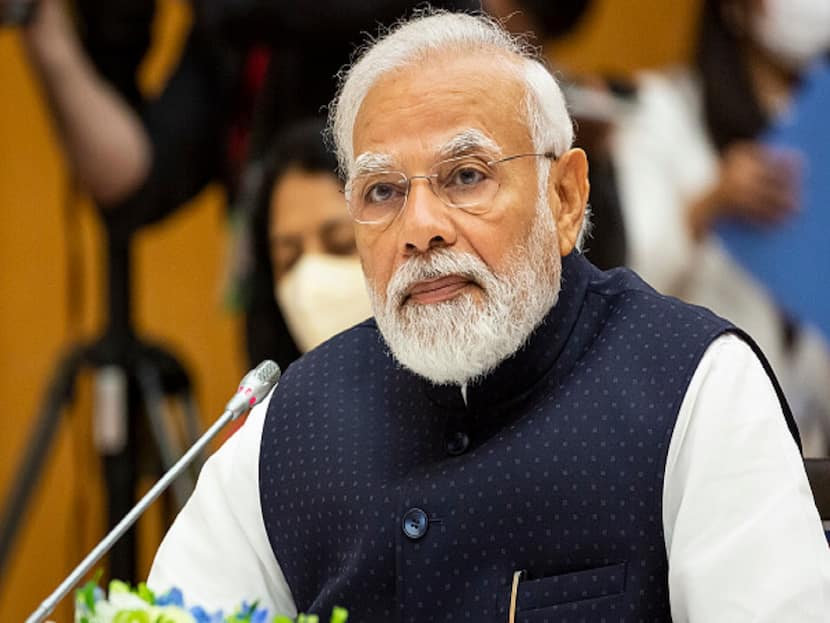On October 11, Prime Minister Narendra Modi will open the UN World Geospatial Information Congress (UNWGIC) in Hyderabad. At the event, India will show off the progress it has made in the field over the past few years, according to PTI. More than 550 people from 115 countries will talk about the development and strengthening of integrated geospatial information management, its capabilities and capacities, during the five-day conference.
The conference will begin in Hyderabad on October 10 and run until October 14.
Union Science and Technology Minister Jitendra Singh told PTI, “We will launch the Chaupal geospatial initiative, which aims to connect village communities to geospatial services.”
Singh said that India’s geospatial economy will grow at a rate of 12.8% and reach Rs 63.1 billion by 2025.
The Minister also said that geospatial technology has become a key driver of socioeconomic development by increasing productivity, ensuring sustainable infrastructure planning, improving administration, and helping the agricultural sector.
Singh said that India’s main focus at the conference will be on projects like Swamitva, which maps income land in villages, and government efforts to give people more power through the use of geospatial data.
When asked how the industry felt about the government’s geospatial initiatives, the minister said, “We don’t live in a time where we can hide our data behind a veil of secrecy.” This was reported by PTI.
“The planning for this scientific programme has been done with care. We will talk about the goals for sustainable development in plenary sessions. The strategy will be talked about in parallel sessions. We also have something called Geospatial Chaupal that no other country has “said Singh.
S Chandrashekar, who is in charge of science and technology, says that local companies’ navigation services have been accepted by the auto industry.
The theme of the second UNWGIC is “Geographic Enablement of the Global Village: No One Should Be Left Behind.”
Chandrashekar said that the conference will show how important integrated geospatial information is for promoting sustainable development and social well-being, addressing environmental and climate challenges, embracing digital transformation and technological development, and driving a strong economy.







